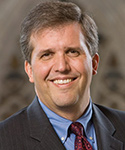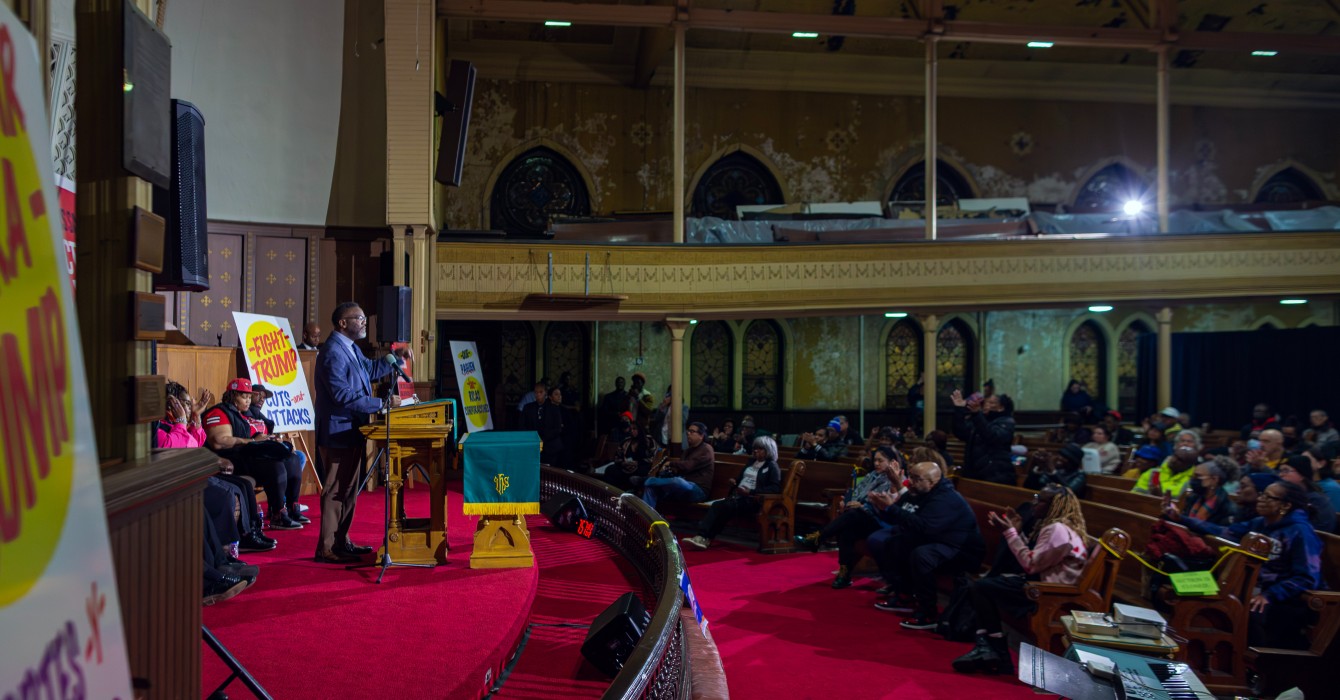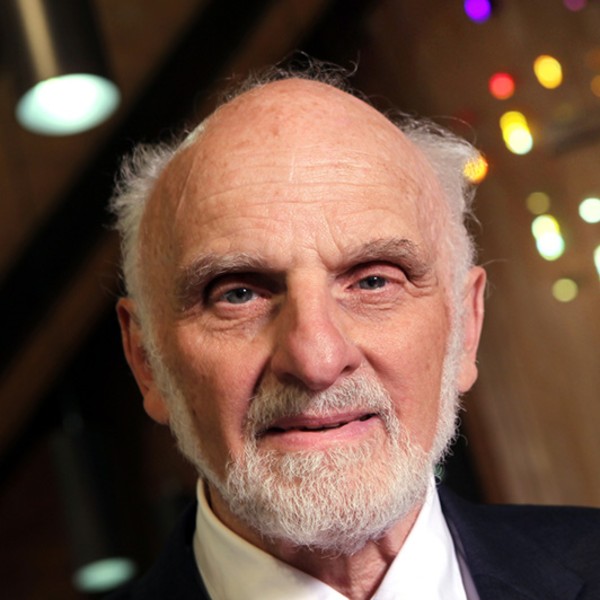“Our era is one of connected crises.” This is the analysis of Joshua Cooper Ramo in “The Seventh Sense.” Ramo argues that we are entering a profoundly new era of connected crises that are both caused by and can only be resolved by networks of networks. Ramo calls this era the “Age of Network Power,” and in his view, we will only be able to address its crises and to discover generative solutions if we recognize that we are facing (in our language) “wicked” problems -- problems that are deeply interconnected.
Ramo concludes that we need to develop a “new instinct” to help us understand the essence of this new era. Just as Nietzsche, at the turn of the last century, suggested that people needed a “sixth sense” to navigate the “madness” of the Industrial Revolution, so Ramo argues that we need a “seventh sense” to get to the essence of the new age of constant connection. The seventh sense, he says, is “the ability to look at any object and see the way in which it is changed by connection.” With this sense, people can discern in objects potential that is invisible to the rest of us.
Christian institutional leaders ought to resonate with key aspects of Ramo’s analysis. It is an invitation for us to rediscover our own best insights about the interconnectedness of all things in God. Indeed, in some ways, Ramo’s “seventh sense” points us back to the “Christian practical wisdom” that we should already be cultivating, and embodying, in light of Scripture, as revealed especially in the book of Acts and Paul’s letters. In other ways, Ramo points us to significant changes in our world to which we need to attend.
Ramo emphasizes that the seventh sense involves developing an “intuitive feeling for just how power is being re-geared.” He notes that a kid with a smartphone in our world has real strength, just as do stateless terrorists who are part of powerful networks. He points to the phenomenon of the Arab Spring as another example of this re-gearing of power. Yet Christians might also point to the surprising emergence and reversals of power we find throughout the biblical narrative, especially in the inscrutable work of the Holy Spirit.
Ramo cautions, however, that the re-gearing of power is not just about decentralization and reversals. Indeed, a key to the seventh sense is recognizing the “both-and” characteristic of power. In this new era, power will not be either concentrated or distributed; it will be both concentrated and distributed. And recognizing the complex tensions and interactions of these patterns will require a significant shift of the mindsets we have had in modernity. Indeed, Ramo says, seeing how fundamentally the dynamics of our world have changed will entail a “rewiring of our minds.”
This is true for Christian leaders and institutions no less than others. We have too often simply mirrored the conditions of modernity rather than either retrieving the deepest resources of our tradition or discerning the deep trends happening in our culture and world. There are two ways in which Ramo’s analysis of the need for a seventh sense is a call for Christian leaders and institutions to rewire our minds and our imaginations, and three ways in which Christian leaders and institutions can help rewire others.
First, we need to rediscover the power of networks and ecosystems in our own traditions and to discover afresh how technological and other trends are transforming our world. Ramo notes that anything not built for a network age “is going to crack apart under its pressures.” Mechanical modes of thinking about leadership and institutions are fundamentally inadequate in an age of complexity and connections.
Second, we need to rediscover what it means to cultivate innovation as an intrinsic part of our institutions and their roles in ecosystems. We need to practice traditioned innovation and lean into both-and patterns of thinking. In short, Christian leaders and institutions need to be more improvisational than we typically have been, holding together both centralized and decentralized approaches to power and relationships.
Christian leaders and institutions can learn much from Ramo’s analysis, yet there are also important insights that we can offer to others to help make this “Age of Network Power” more life-giving than death-dealing.
First, we can focus the seventh sense toward a coherent answer to the central question of “Why?” Ramo urges people to grasp the nature of a connected age and see “how it might be used to further, not erode, the things we care most about.” Christian leaders and institutions are well-positioned to address these deep questions.
Second, we can root the seventh sense in a deeper understanding of human nature than Ramo assumes. Ramo oscillates between an optimism concerning “humanity” and a “fear” of what could happen. The optimism ultimately triumphs, but such oscillation is not likely to produce the “courage” invoked on the book’s final page. Rather, we need to recognize that courage is connected to the virtue of hope -- a hope that avoids optimism by holding together the best and worst dimensions of human capabilities.
Third, and closely related, Christian leaders and institutions can point to the centrality of trust and the virtues and practices that nurture that trust. Networks flourish for good only when relationships are developed intrinsically rather than transactionally. Christian leaders and institutions must show ourselves worthy of such trust, both in our own lives and in the ecosystems of our institutions. The nature of our age requires nothing less.
The seventh sense is crucial for our era. And nurturing it invites Christian leaders and institutions to rediscover some of our own best insights, to learn from insightful analyses such as Ramo’s, and to offer leadership to a culture and world in need of discovering afresh the hope of the gospel.








